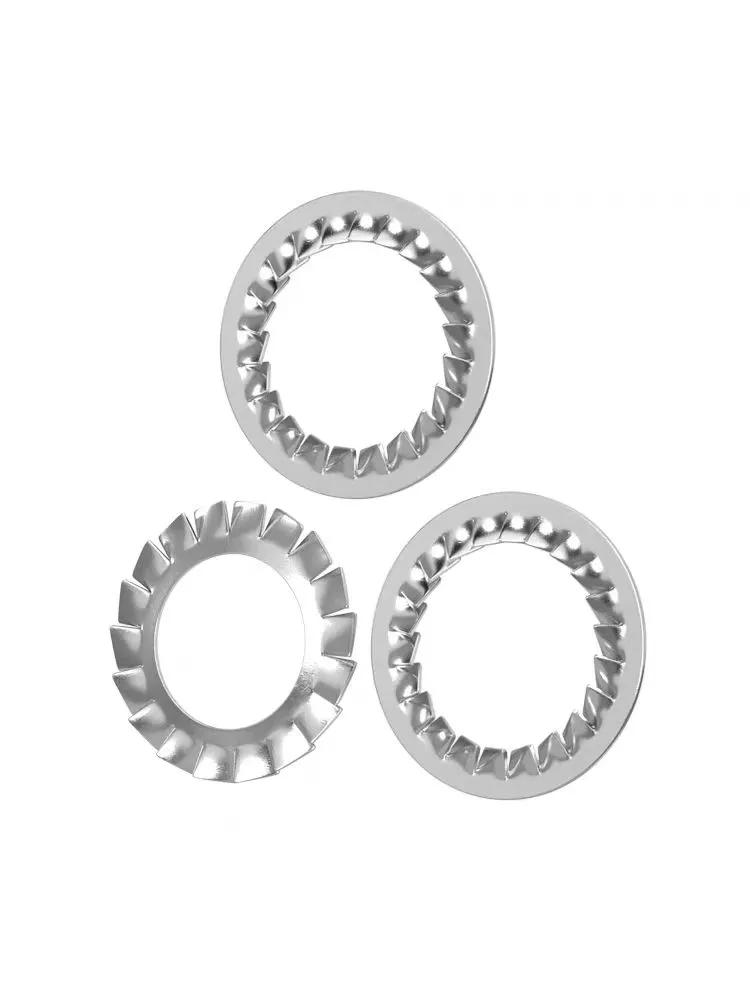

self tapping tin screws
Nov . 03, 2024 23:50 Back to list
self tapping tin screws
Understanding Self-Tapping Tin Screws A Comprehensive Overview
Self-tapping screws have become a vital component in modern construction and manufacturing, especially when working with materials like tin. Their unique design allows them to create their own hole as they are driven into a material, eliminating the need for pre-drilling. This feature not only enhances efficiency but also makes them indispensable in various applications. In this article, we will delve into the characteristics, applications, and advantages of self-tapping tin screws.
What Are Self-Tapping Tin Screws?
Self-tapping screws are specifically designed with threads that cut into the material they are driven into. When it comes to tin, these screws are particularly useful as they can easily penetrate the lightweight metal without causing damage. Often made from stainless steel, zinc-coated steel, or other corrosion-resistant materials, self-tapping tin screws are engineered to offer durability and longevity.
Characteristics and Types
There are several types of self-tapping screws that cater to different needs
. The most notable among them are1. Type A Screws These are sharp-pointed screws that are ideal for soft materials like tin or aluminum. They're often used in light-load applications.
2. Type B Screws These screws feature a blunt point that is better suited for harder materials. They are designed to create a tight fit and are used in heavier applications.
3. Type AB Screws A hybrid of Type A and Type B, Type AB screws come with both a sharp end and a larger diameter thread. They are extremely versatile and can handle varying material thicknesses.
self tapping tin screws

4. Tex Screws These are commonly used in metal roofing and siding. Their self-drilling design allows them to cut through metal effortlessly, providing a secure fastening solution.
Applications of Self-Tapping Tin Screws
Self-tapping tin screws have a wide array of applications across various industries. In construction, they are often utilized in metal roofing, siding, and gutter installations. Additionally, they are commonly found in HVAC systems, automotive manufacturing, and electronic components, securing different types of assemblies without the need for nuts or washers.
In the realm of DIY projects, self-tapping screws have gained popularity among hobbyists and craftsmen. Their ability to simplify tasks has made them a staple in home improvement projects, ranging from furniture assembly to crafting intricate designs.
Advantages of Using Self-Tapping Tin Screws
The primary advantage of using self-tapping tin screws lies in their efficiency. By negating the need for pre-drilling, they save time and labor costs in any project. Furthermore, their ability to create a secure hold reduces the risk of loosening over time, ensuring that structures remain safe and stable.
Another significant benefit is the variety of sizes and thread types available, allowing users to select screws that best fit their specific needs. Additionally, their corrosion-resistant properties make them suitable for outdoor applications, extending their lifespan and reducing maintenance efforts.
Conclusion
In summary, self-tapping tin screws are a vital tool in the arsenal of construction and DIY enthusiasts alike. Their ease of use, coupled with their ability to create reliable, long-lasting connections in tin and other materials, makes them an essential component in various applications. As industries continue to evolve, the demand for such innovative fastening solutions is likely to increase, solidifying the role of self-tapping tin screws in modern craftsmanship and construction.
Latest news
-
Premium Fasteners Manufacturer | AI-Driven Solutions
NewsAug.01,2025
-
Hot Dip Galvanized Bolts - Hebei Longze | High Strength, Corrosion Resistance
NewsAug.01,2025
-
High-Strength Hot Dip Galvanized Bolts - LongZe | Corrosion Resistance, Custom Sizes
NewsAug.01,2025
-
Best Self Tapping Screws for Drywall - Fast & Secure Installation
NewsJul.31,2025
-
High-Strength Hot Dip Galvanized Bolts-Hebei Longze|Corrosion Resistance&Customization
NewsJul.31,2025
-
Hot Dip Galvanized Bolts-Hebei Longze Metal Products|Corrosion Resistance&High Strength
NewsJul.31,2025

